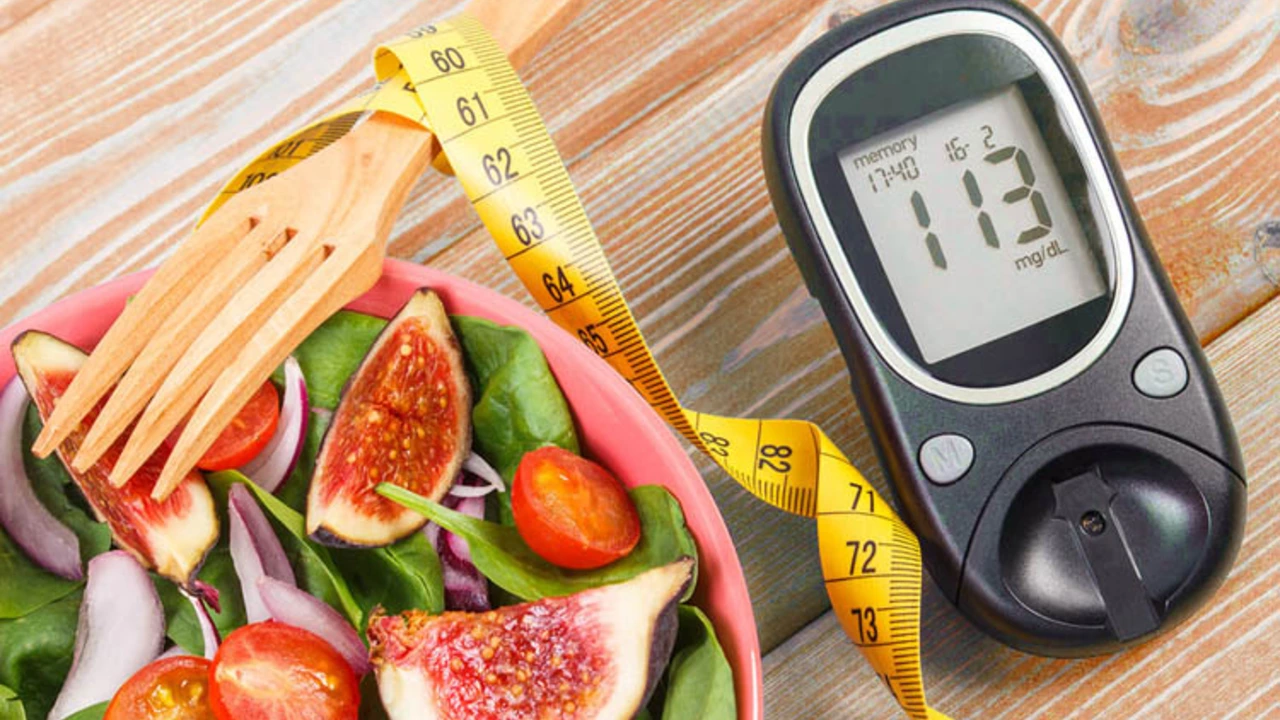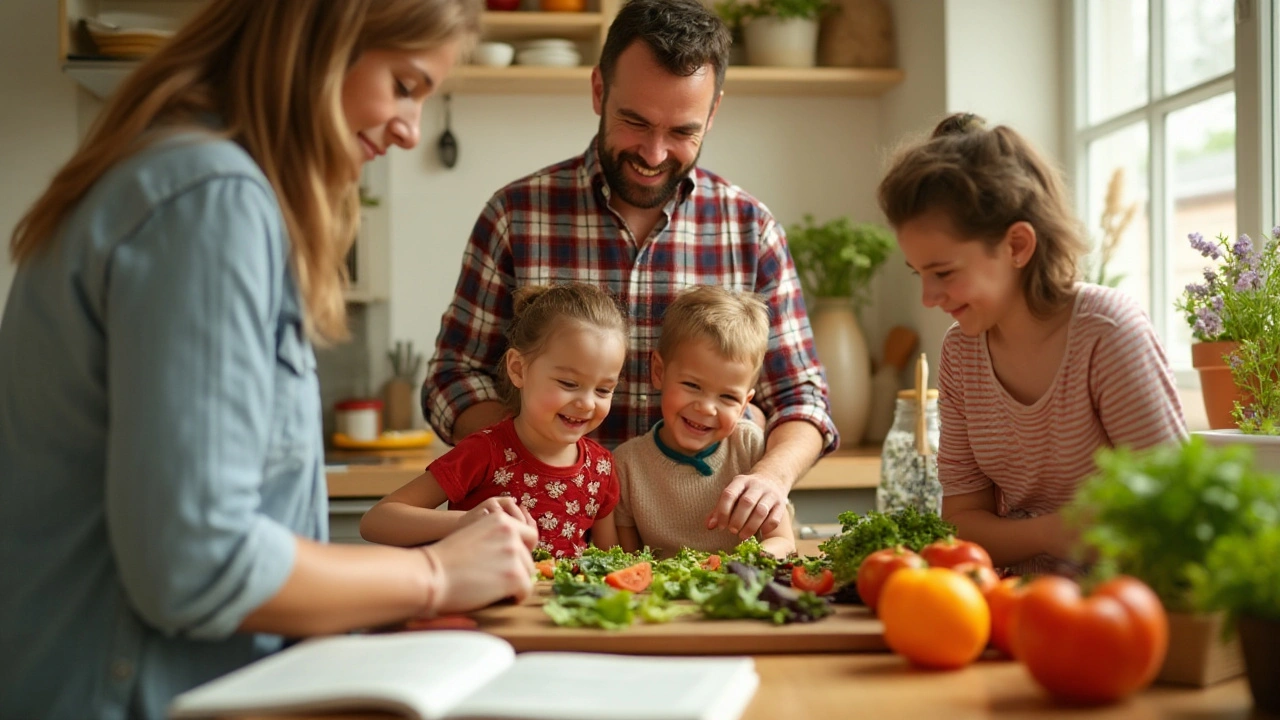Understanding Diabetic Gastroparesis
Diabetic gastroparesis is a condition that affects the digestive system, causing food to move through the stomach more slowly than normal. It is often a complication of diabetes, hence the name. This can lead to a variety of uncomfortable symptoms, including nausea, vomiting, and feeling full quickly. When you have gastroparesis, your stomach doesn’t empty as quickly as it should, which can interfere with blood sugar control and leave you feeling unwell.
Managing diabetic gastroparesis can be challenging, but with the right approach to nutrition, it is possible to control symptoms and maintain a good quality of life. In this article, we will explore what to eat and what to avoid for managing diabetic gastroparesis.
The Role of Nutrition in Managing Gastroparesis
Diet plays a crucial role in managing gastroparesis. The goal of nutritional therapy is to reduce symptoms, maintain adequate hydration and nutrition, and improve glycemic control. This typically involves eating smaller, more frequent meals, and modifying the consistency and composition of your diet.
It's also important to understand that everyone is unique, and what works for one person might not work for another. With careful planning and a bit of trial and error, you can find a nutritional approach that works for you.
Foods to Include in Your Diet
When it comes to managing gastroparesis, certain foods can be particularly beneficial. These include foods that are easy to digest and won't cause excessive gas or bloating. Here are some suggestions:
Protein: Lean meats, poultry, fish, eggs, and soy products are excellent sources of protein. They provide the nutrients your body needs without overloading your stomach.
Vegetables and fruits: However, these should be cooked and not raw, as raw vegetables and fruits can be harder for your stomach to process.
Grains: Choose whole grains over refined grains. Whole grains are a good source of fiber, which can help to regulate your digestive system.
Foods to Avoid
Just as there are foods that can help manage gastroparesis, there are also foods that can make symptoms worse. These include:
Fatty Foods: High-fat foods can slow down digestion, making gastroparesis symptoms worse.
Fiber-rich Foods: While fiber is generally good for digestion, it can actually make gastroparesis worse by slowing down the digestive process.
Certain fruits and vegetables: Raw fruits and vegetables, as well as those with skins and seeds, can be hard for your stomach to break down.
Drinks to Include and Avoid
Hydration is very important for people with gastroparesis. However, not all drinks are created equal. Some can exacerbate symptoms while others can help manage them.
Include: Water is always a good choice. Herbal teas can also be beneficial, as they can soothe the digestive system.
Avoid: Carbonated drinks, caffeinated beverages, and alcohol can all exacerbate gastroparesis symptoms.
Meal Planning and Timing
When you have gastroparesis, it's not just what you eat that matters, but also when and how you eat. Eating smaller meals more frequently can help manage symptoms. This can ensure that your stomach doesn’t get too full, which can trigger symptoms.
It's also a good idea to sit up or walk around after eating, as this can help speed up the process of food moving through your stomach.
Final Thoughts
Managing diabetic gastroparesis through nutrition can be challenging, but it is possible. It's all about finding what works best for your body and managing your symptoms effectively. Remember to consult with your healthcare provider or a dietitian to ensure you're getting the nutrients you need while managing your symptoms.








prajesh kumar
Been living with this for 5 years and this guide nailed it. Small meals every 3 hours? Game changer. I used to binge eat because I was starving by dinner, now I snack on boiled eggs and mashed sweet potato like a pro. Blood sugars? Way more stable.
Arpit Sinojia
Same here. In India, we think dal and rice are safe. Turns out, whole lentils? Nope. Skinless, well-cooked moong dal? Yes. Learned the hard way after 3 hospital visits. Also, ginger tea > chai now.
Kshitiz Dhakal
Food as therapy is just capitalism repackaged as healing
the stomach is not a moral agent
you are not failing if your digestion is broken
the system is the disease
kris tanev
OMG YES to the cooked veggies thing!! I tried raw kale once and it felt like a brick in my stomach for 3 days 😭 Also, chicken broth = liquid gold. My dog even knows when I'm making it now lol
Mer Amour
Most of you are missing the point. The real issue is insulin resistance. No amount of mashed potatoes or ginger tea fixes that. You need to reduce carbs to 30g/day. Period. The rest is just distraction.
Cosmas Opurum
Western medicine wants you dependent on their 'diet plans' while Big Pharma sells you pills for symptoms they caused. They don't want you well. They want you compliant. Eat local. Eat raw. Eat what your ancestors ate. Not this mushy nonsense.
peter richardson
Carbonated drinks are the enemy. I know. I used to drink 3 sodas a day. Now I drink water. That's it. No drama. No hashtags. Just water.
Uttam Patel
So you're telling me I can't eat my favorite biryani anymore? 😭 Guess I'll just die happy then.
Kirk Elifson
Everyone here is just playing diet roulette. You think you're 'managing' but you're just delaying the inevitable. The body doesn't forgive. The pancreas doesn't forget. You're all just decorating the coffin with ginger tea and mashed carrots. Wake up.